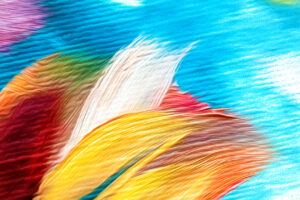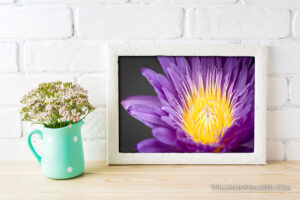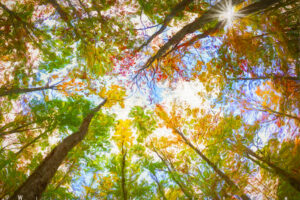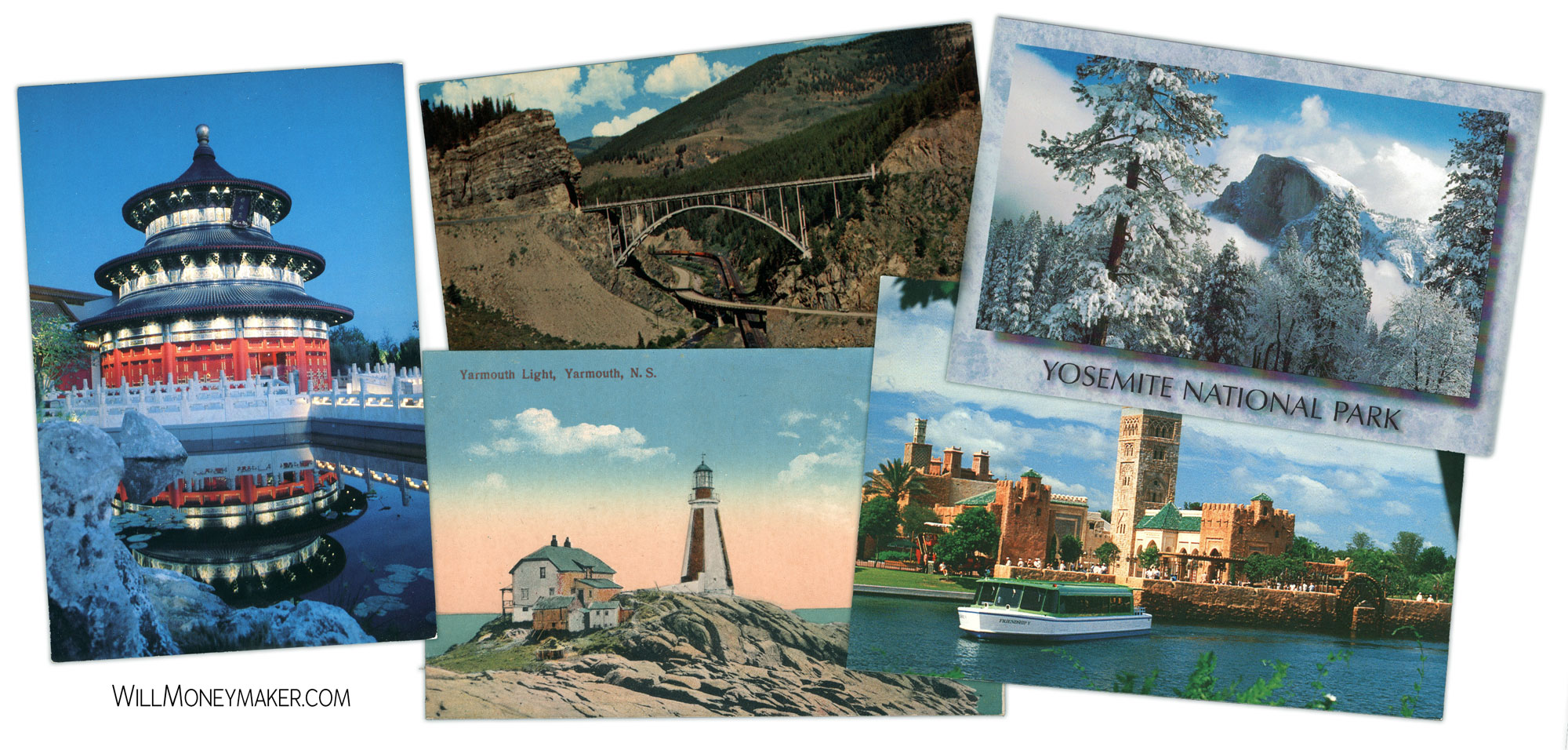In today’s world, artificial intelligence (AI) is making its mark in various fields, and photography is one of them. With the aid of AI, new tools and techniques are emerging for capturing and enhancing images, expanding the horizons of what's achievable in photography.
The growing field of computational photography merges traditional photography with computer vision and machine learning, leading to the creation of smart cameras and AI-enhanced editing software. These advancements are making it easier for everyone to try their hand at photography with a professional touch. Features like AI-based auto-enhancements, depth-sensing, and style transfer applications are adding more colors to the creative canvas.
However, these technological blessings bring along a basket of questions about the core and artistry of photography. The essence of photography lies in the play of light, shadow, composition, and capturing that perfect moment. It's a craft that demands a sharp eye, patience, and a profound understanding of visual storytelling. The entry of AI in this domain, while innovative, makes us ponder about the artistic and human aspects of photography.
There's a concern among some that AI could overshadow the human element in photography, turning it into a computational task. They fear that as AI takes over the technical aspects of photography, photographers might end up merely overseeing the process rather than creating. There's also a worry that relying heavily on AI could result in a uniformity in visual aesthetics, as algorithms might favor certain compositions and styles.
On the flip side, supporters of AI in photography believe that these technologies can act as robust tools for photographers, extending their creative boundaries. They suggest that AI can handle the routine and repetitive tasks, allowing photographers to focus on the more conceptual and imaginative facets of their work. Also, AI can assist in overcoming technical hurdles, enabling photographers to bring new visions to life.
In addition, AI-powered educational platforms are coming up to teach the fundamentals of photography, providing personalized feedback and building a community of learners. These platforms might help nurture a new wave of photographers, well-versed with traditional knowledge and the latest AI tools.
The discussion is ongoing as AI technology continues to evolve and find its place in the photography community. It's a journey to find the right balance between technology and artistry, tradition, and innovation. As photographers, technologists, and artists engage in this discourse, the future of photography is being molded.
With each click of the shutter, the story of AI in photography is being written. The blend of technology and creativity is unlocking new frontiers in photography, yet the fundamental essence of photography as a human endeavor continues to be a topic of reflection and discussion.
Pioneers in Tech-Driven Photography
As AI continues to blend with photography, several companies are leading the way. Firms like Adobe and NVIDIA are offering groundbreaking solutions like AI photo enhancement tools that are changing the way images are captured, processed, and enhanced. These tools are not only making high-end photography techniques accessible but also opening new avenues for creative expression.
Adobe's software, for example, uses AI to automate routine tasks like tagging and organizing photos and offers intelligent editing tools that can auto-correct images. On the other hand, NVIDIA is using AI to enhance photo resolution, reduce noise, and even restore colors in old photos, pushing what's possible in image restoration and enhancement.
Many startups and independent developers are also coming up with AI-driven photography apps and tools, contributing to a new culture in photography, where the line between human skill and machine capability is becoming increasingly blurred.
Looking Forward: What Lies Ahead
Looking to the future, it's crucial to consider the changes AI will bring to photography. The industry will likely see a rise in smart cameras and editing software with AI features, making advanced photography techniques accessible to even novice photographers.
While this is a welcome change for many, it also brings up concerns about the dilution of professional photography standards. The ease and speed at which high-quality images can be produced might overshadow the effort and skill traditionally needed to excel in photography.
Also, the rise of AI in photography also challenges the established norms and ethics in the field. Issues like deepfakes and the manipulation of visual reality are becoming more common, raising ethical dilemmas about the trustworthiness and authenticity of images in the digital era.
The journey of AI intertwined with photography is a captivating one, holding a mirror to the larger narrative of technology meeting tradition. As we venture further into this fusion, the essence of human creativity and technical advancement continues to be a topic of rich discussion. While AI brings a plethora of innovative tools and possibilities to the table, the heart of photography remains rooted in human emotion, perception, and storytelling.
The interplay of AI in photography is like a new lens through which we see and capture the world. It challenges us to reflect on the essence of artistry, the future of photography, and the timeless value of human touch in the field of visual expression. As we embrace the new horizons that AI unveils, the dialogue between the old and new, the human and machine, continues to shape the landscape of photography. It’s a dialogue that invites us to explore, learn, and reflect on the changing scene of photography in the digital age.
As photographers, tech enthusiasts, and artists engage in this exciting frontier, the story of photography is being enriched, offering fresh perspectives and igniting new conversations on the blend of creativity and technology. The road ahead is filled with promise, potential challenges, and an exciting quest for balance between the human eye and the silicon eye, ensuring that the art of photography continues to flourish, resonate, and inspire.
Now go and enjoy the beauty of God’s creation through your lens.




